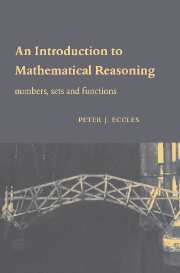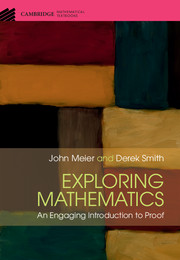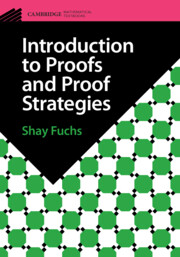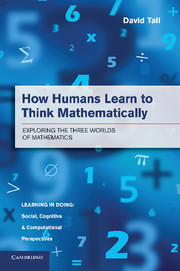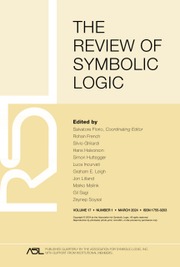An Introduction to Mathematical Reasoning
This book eases students into the rigors of university mathematics. The emphasis is on understanding and constructing proofs and writing clear mathematics. The author achieves this by exploring set theory, combinatorics, and number theory, topics that include many fundamental ideas and may not be a part of a young mathematician's toolkit. This material illustrates how familiar ideas can be formulated rigorously, provides examples demonstrating a wide range of basic methods of proof, and includes some of the all-time-great classic proofs. The book presents mathematics as a continually developing subject. Material meeting the needs of readers from a wide range of backgrounds is included. The over 250 problems include questions to interest and challenge the most able student but also plenty of routine exercises to help familiarize the reader with the basic ideas.
- Provides an introduction to the key notion of mathematical proof
- Fully class-tested by the author
- Makes use of a large number of fully worked examples
Reviews & endorsements
"A student planning to study advanced mathematics would be well served by first mastering the material in this book...a rigorous study of sevearl fundamental topics pervasive in mathematics, including sets, functions, cardinality, combinatorics, and modular arithmetic." D.S. Larson, Choice
Product details
January 1998Paperback
9780521597180
361 pages
228 × 153 × 21 mm
0.46kg
Available
Table of Contents
- Part I. Mathematical Statements and Proofs:
- 1. The language of mathematics
- 2. Implications
- 3. Proofs
- 4. Proof by contradiction
- 5. The induction principle
- Part II. Sets and Functions:
- 6. The language of set theory
- 7. Quantifiers
- 8. Functions
- 9. Injections, surjections and bijections
- Part III. Numbers and Counting:
- 10. Counting
- 11. Properties of finite sets
- 12. Counting functions and subsets
- 13. Number systems
- 14. Counting infinite sets
- Part IV. Arithmetic:
- 15. The division theorem
- 16. The Euclidean algorithm
- 17. Consequences of the Euclidean algorithm
- 18. Linear diophantine equations
- Part V. Modular Arithmetic:
- 19. Congruences of integers
- 20. Linear congruences
- 21. Congruence classes and the arithmetic of remainders
- 22. Partitions and equivalence relations
- Part VI. Prime Numbers:
- 23. The sequence of prime numbers
- 24. Congruence modulo a prime
- Solutions to exercises.

